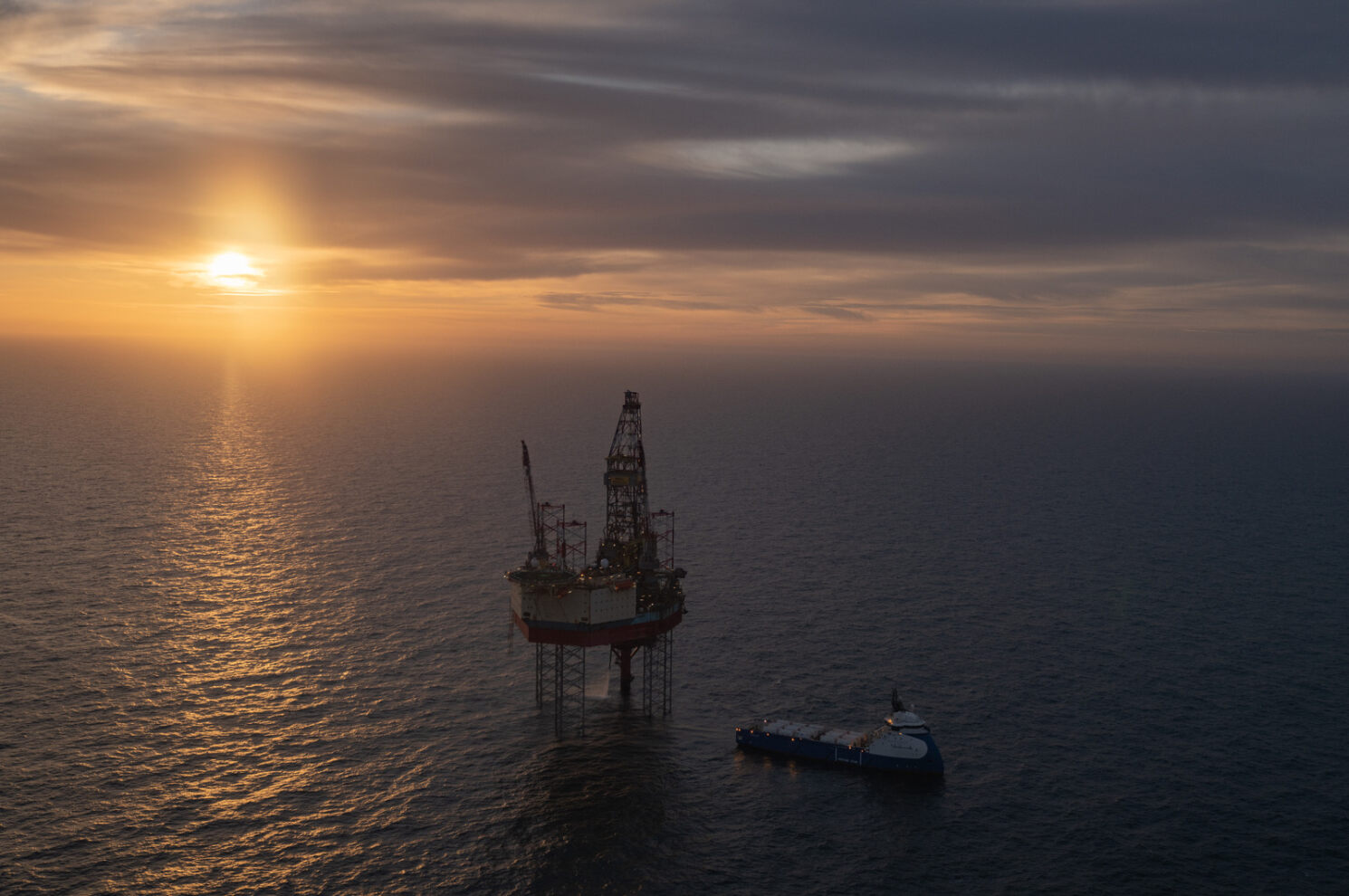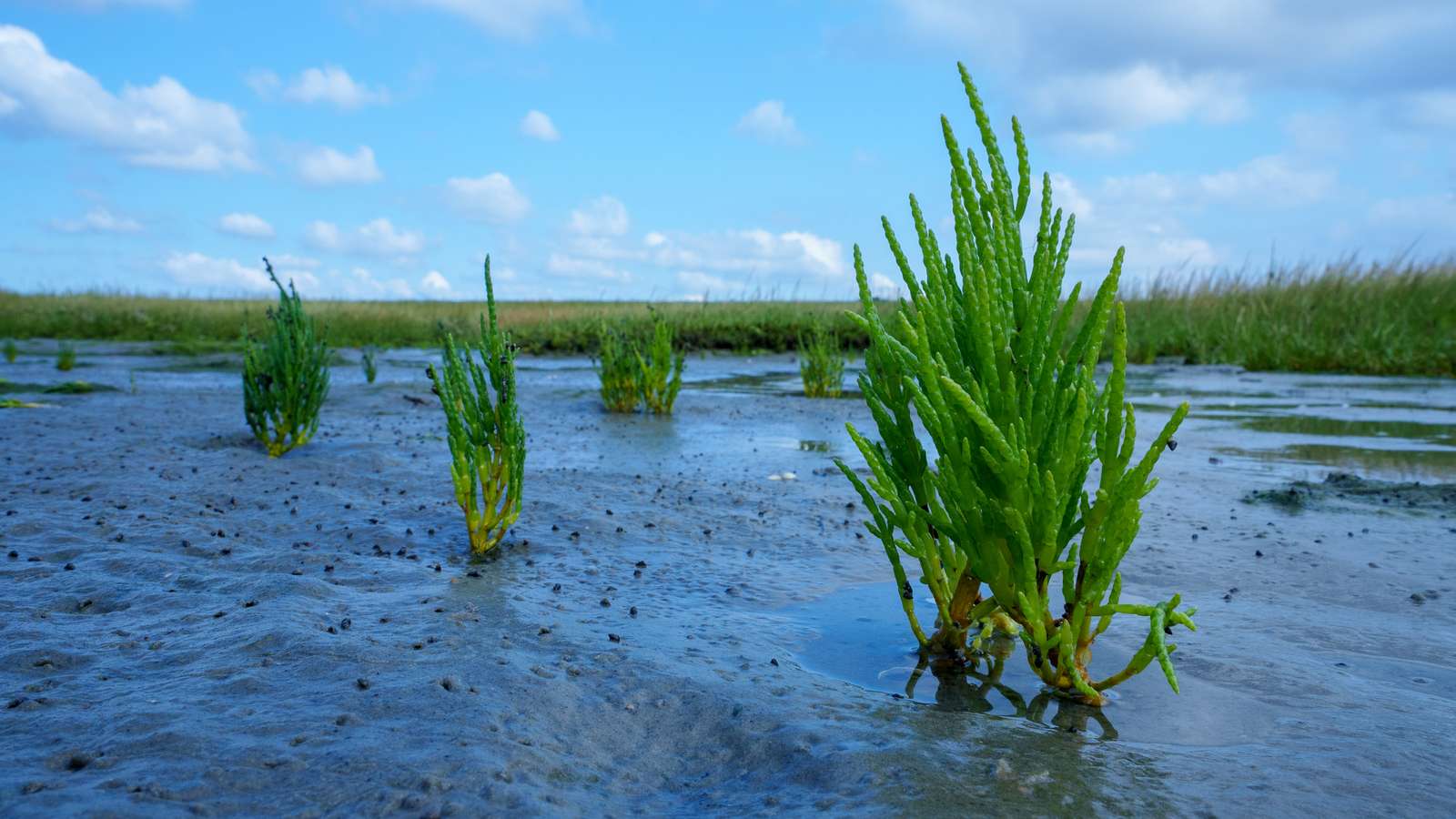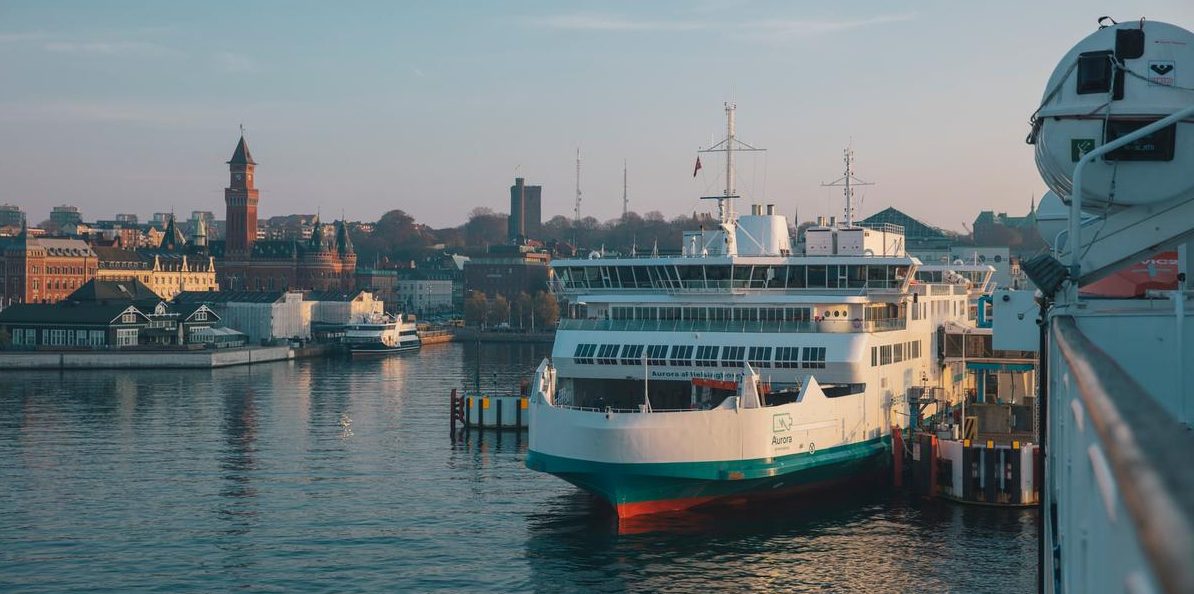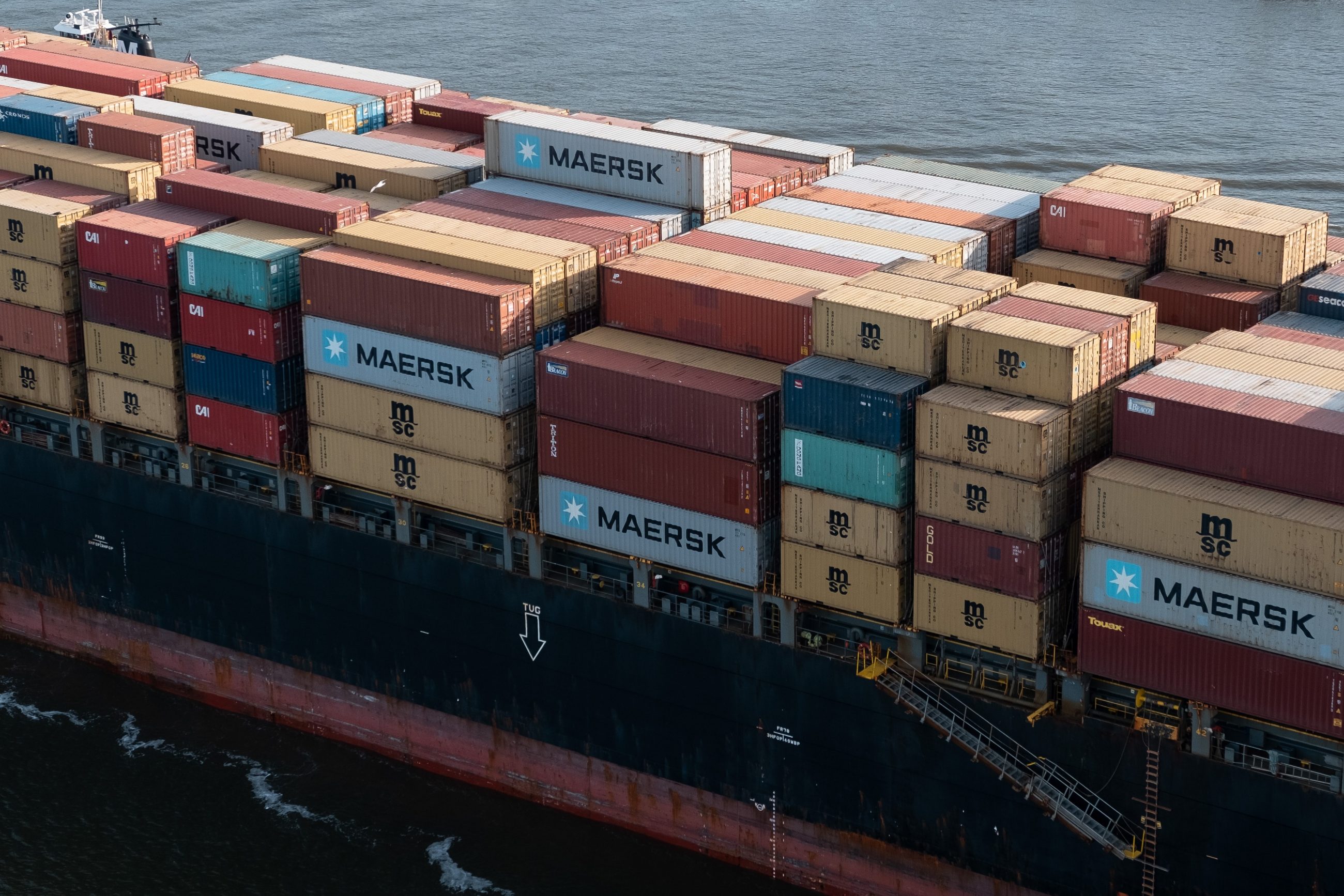News
Shipping and maritime
Green Shipping
New report: Substantial energy optimisations of large ships paid back in less than three years
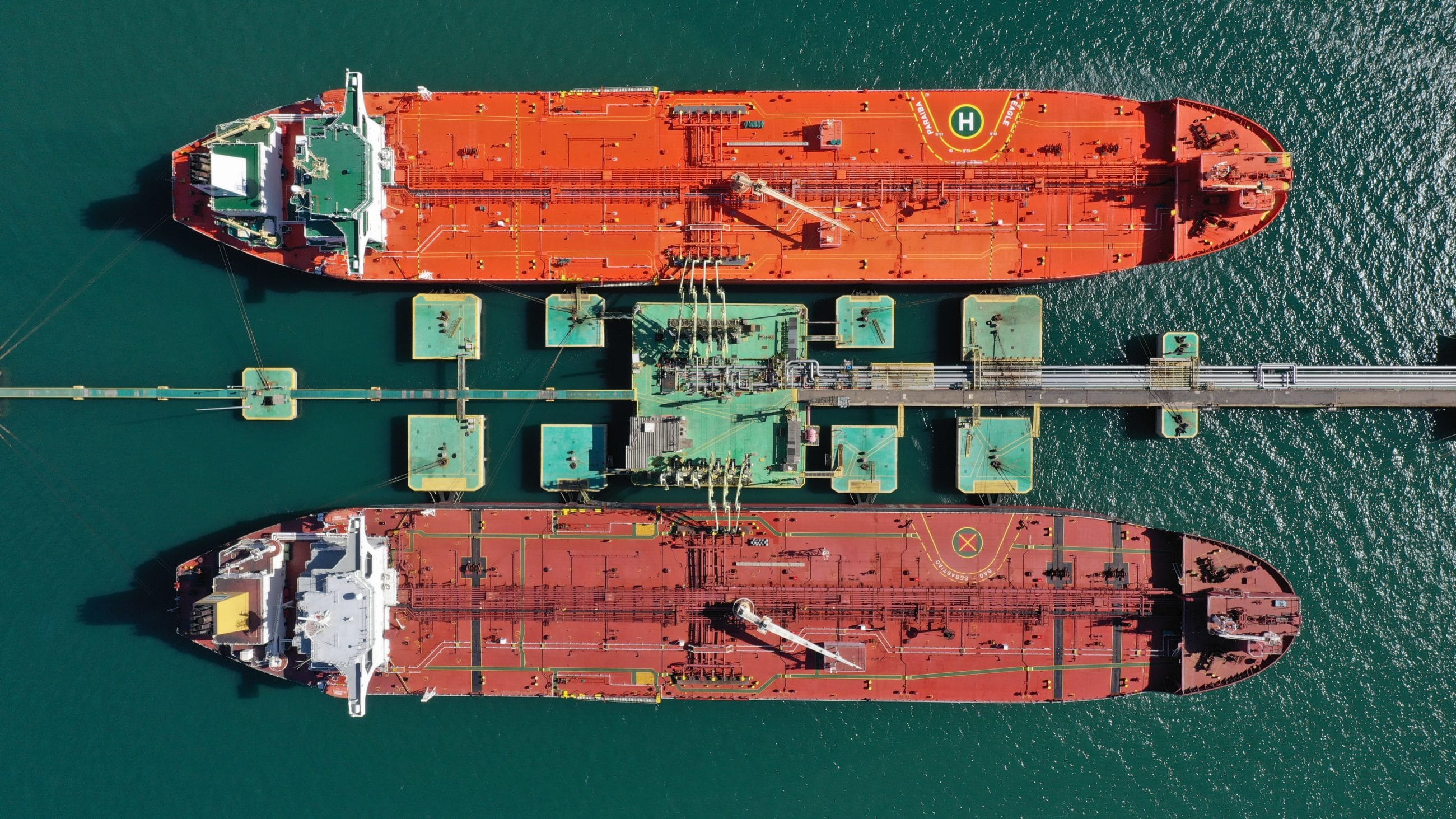

However, as part of a maritime project, named Green Ship of the Future, 20 partners have identified large potential energy optimisations on ships using current technical solutions that can be retrofitted to large ships. These solutions are in highlighted in a new report aiming to make the shipping industry greener.
“It is evident that implementation of a greenhouse gas-neutral fuel is necessary, from both an environmental, climate and compliance perspective, but it is also evident that it will be years before we can rely purely on sustainable sources of energy. Therefore, we must constantly seek innovations in existing assets and ensure optimal energy efficiency, to keep the negative impact on the environment as low as possible and reduce the overall energy cost,” stated Green Ship of the Future in their report.
The report shows potential savings of up to 27 per cent by optimising ships with existing technology. The solutions can be retrofitted with a return on investment of less than 3 years.
-Related solution: Platform for sustainable retrofitting of ships
Findings based on three current cases
The purpose of the report is to investigate what can be done with the large part of the global fleet that is not up for renewal anytime soon and therefore will continue to emit the same large amount of greenhouse gases as today - unless they are equipped with new technology. The report’s findings are based on analyses of three different high-volume vessels – two MR tankers from Hafnia and Maersk Tankers, and a RO-PAX ferry from DFDS.
“Projects like this are welcome eye-openers for potential retrofits that can lower our environmental impact and present a good business case. It is positive to see that despite a lot has been done, there are still large savings to be made. We believe we must continue to optimize our vessels to become even more sustainable, reduce operational costs and stay competitive, but also to ease the change to alternative energy sources. We hope that this project will bring concrete saving potentials and inspire others to optimise their vessels,” said Rune Jørgensen Daae, Project Superintendent, DFDS in a press release.
The report is part of Green Ship of the Future’s mission to find sustainable ways to reduce emission from the maritime industry.
-Related solution: Danish hull cleaner can reduce ships’ CO2 emissions
Conclusions are important - even in a CO2-neutral world
The end goal of Green Ship of the Future is finding and implementing a new fuel that does not affect the climate and the environment to the extent that fuels do today. Such a transition could take decades before technology is scaled to the entire global fleet. Therefore, energy optimisations will be crucial in the coming years.
“From a financial perspective, it (energy optimisation, ed.) will be even more important than today because all potential renewable alternatives are projected to be far more expensive than the fuel in use today. Therefore, the future business case of optimising the energy consumption will be superior to today. Hence, the investments in technologies today will not only benefit the environment, it is also possible to do it in a way that makes short term financial sense,” underlines the report.
The partners behind the Green Ship of the Future project are, among others, DFDS, Maersk Tankers, MAN Energy Solutions, DESMI, Danish Energy Consulting, Danish Maritime Fund.
Source: Green Ship of the Future report
Photo: Sergio Souza
You should consider reading
News
Carbon capture, storage and utilisation
+2
Northern European collaboration for CO2 transport and storage in place
16 April 2024News
Energy efficiency in industry
+3

